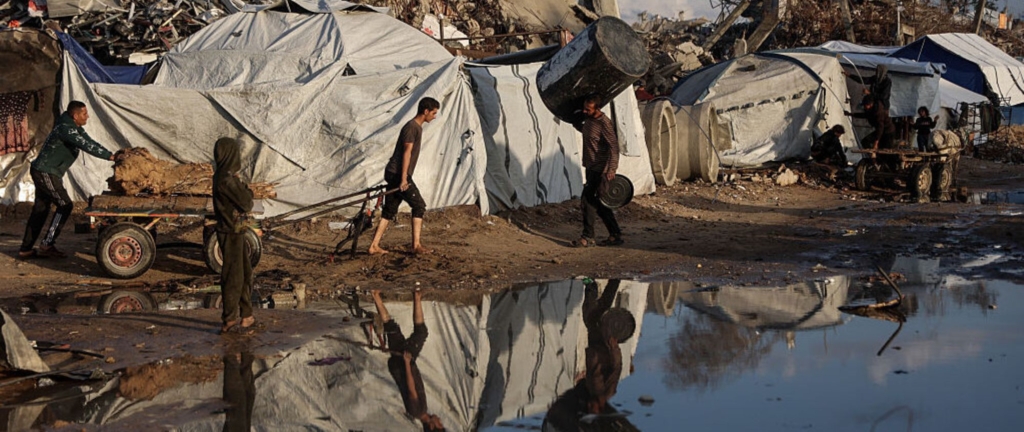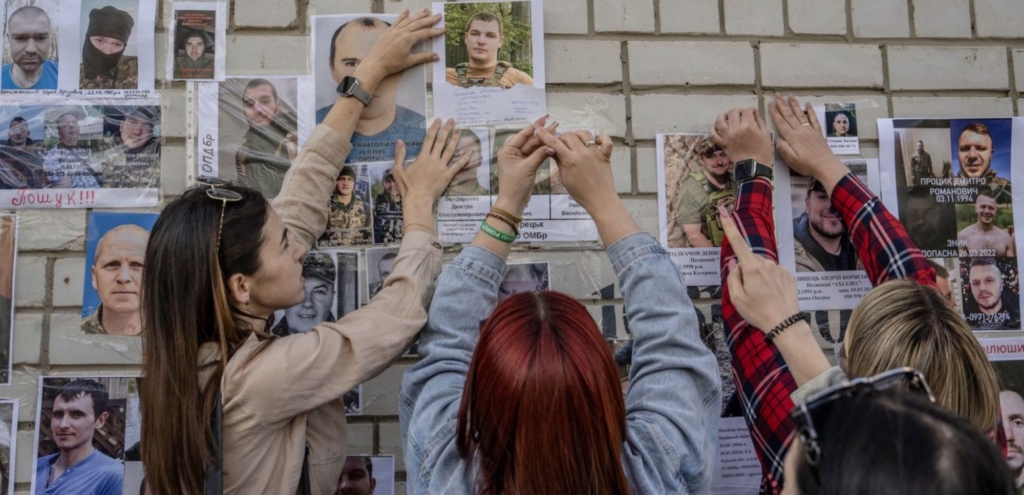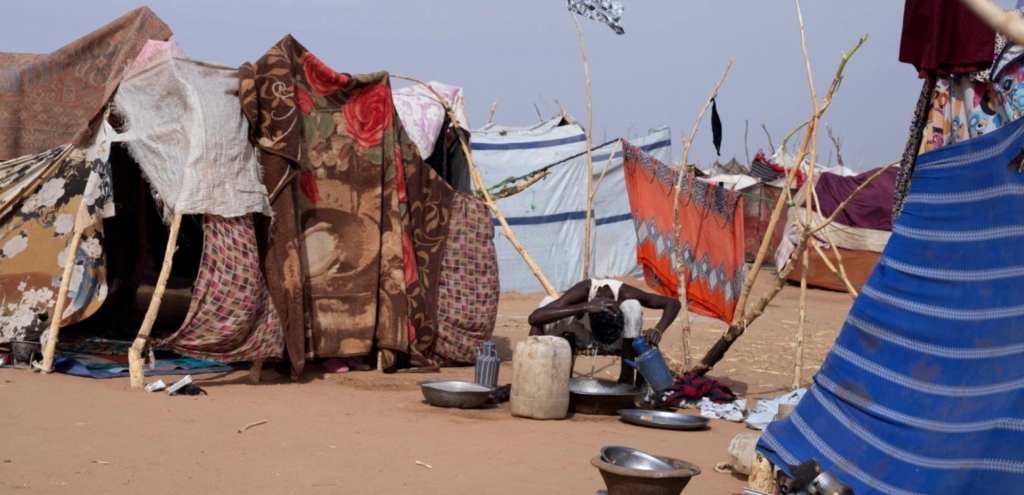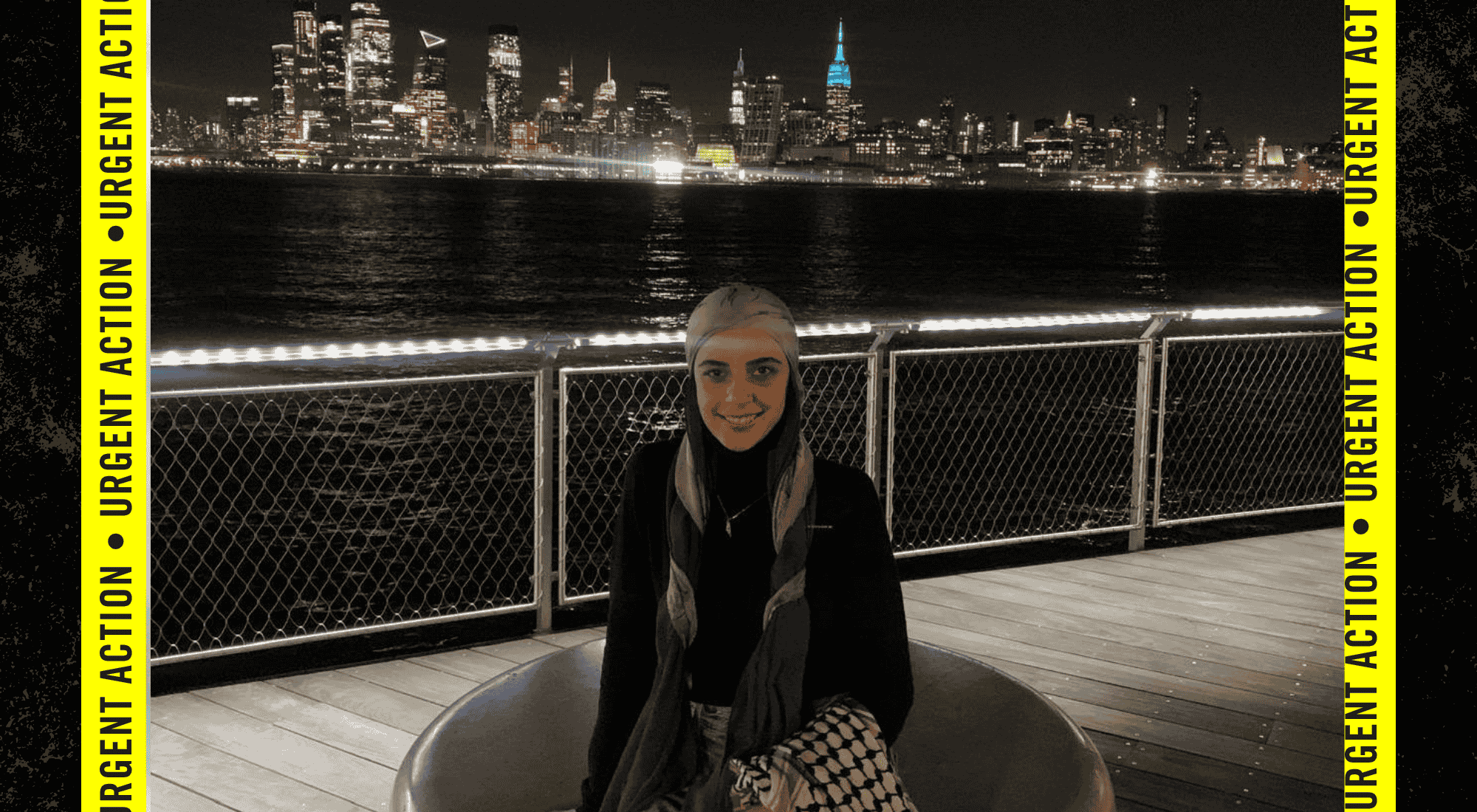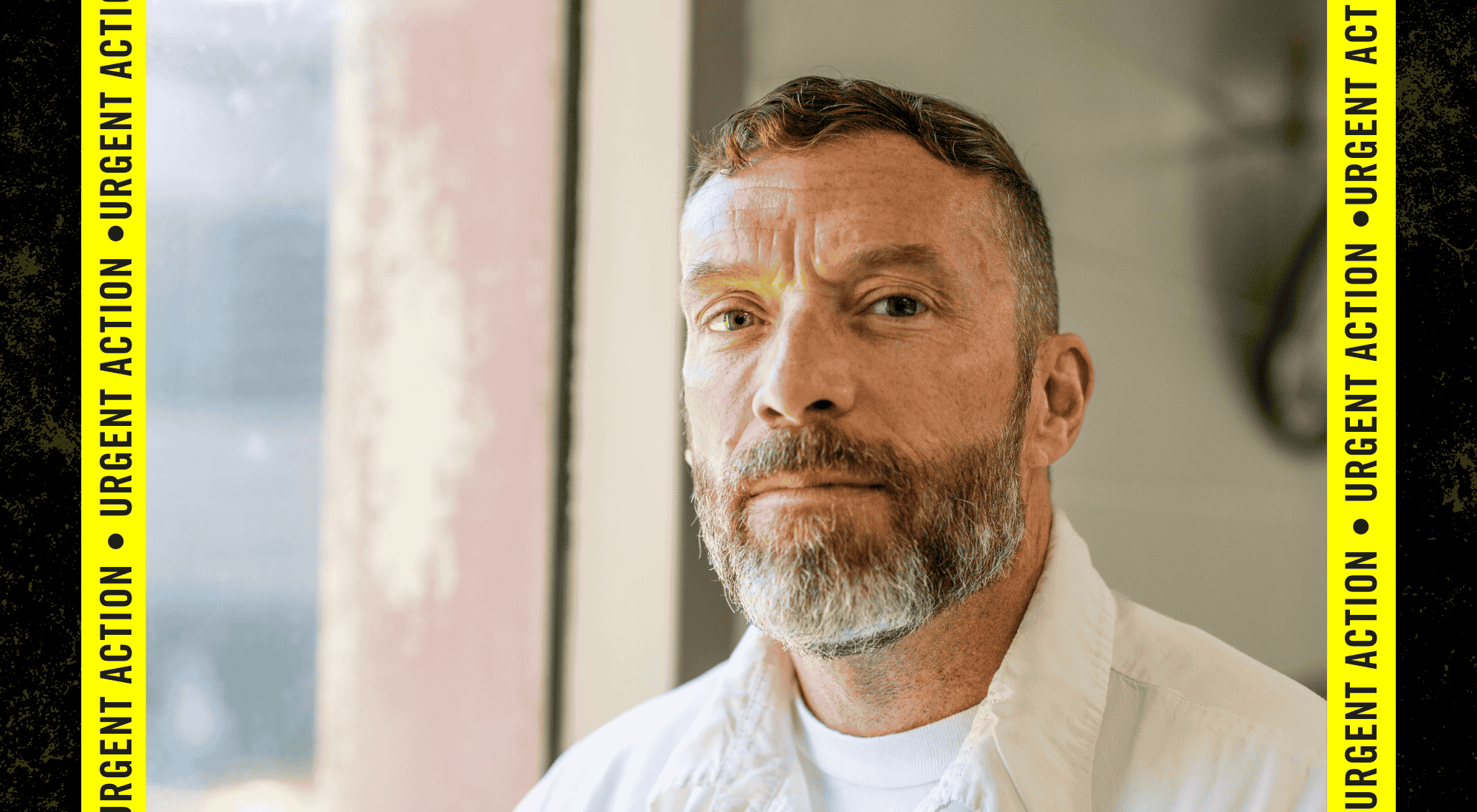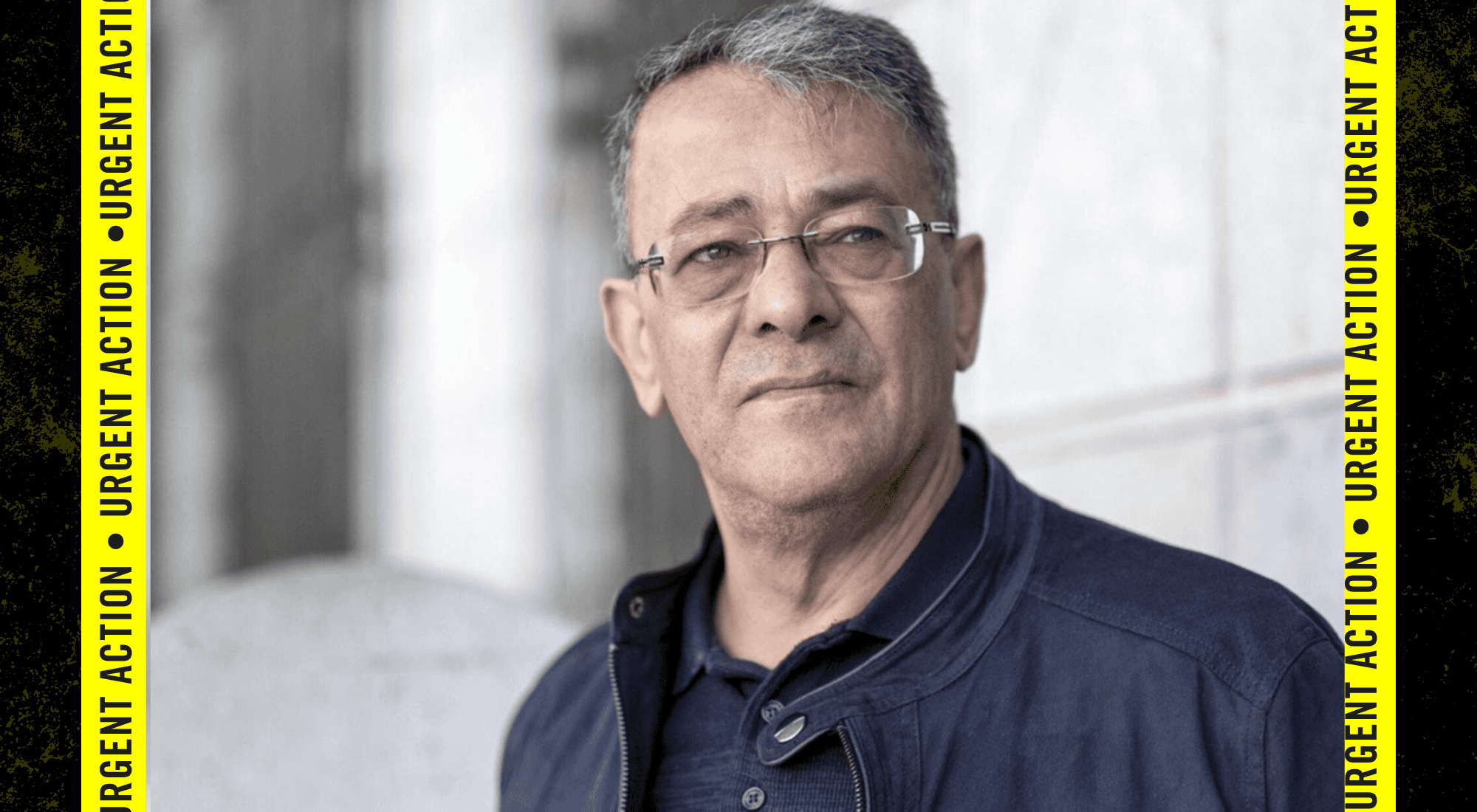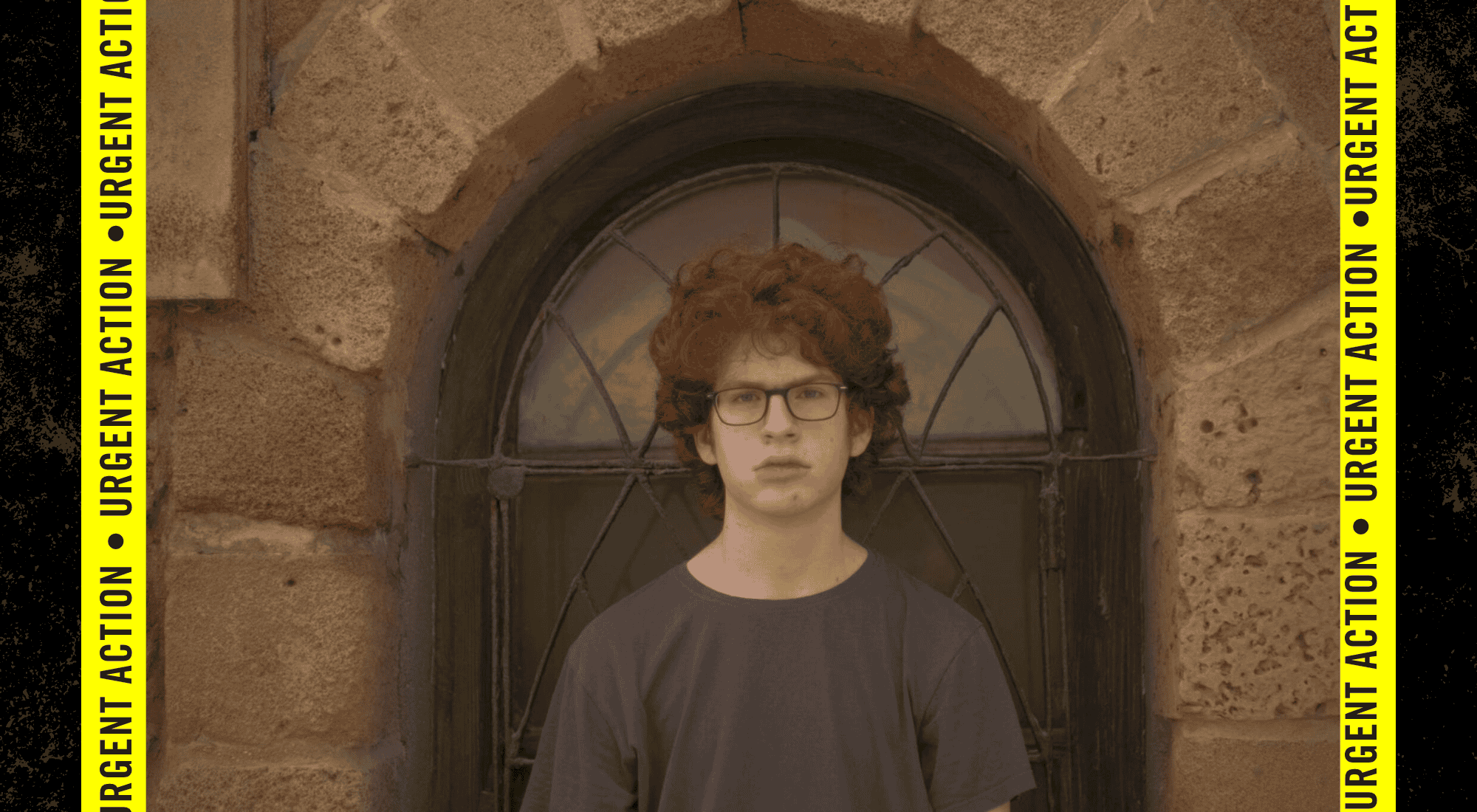Human rights defender Eduardo Torres has been missing since May 9. He was last seen in Caracas, and his whereabouts remain unknown. His detention and enforced disappearance are part of a growing pattern of attacks on civil society in Venezuela. Authorities are using repressive laws, smear campaigns, and intimidation to silence NGOs and human rights defenders.
Several defenders—Javier Tarazona, Rocío San Miguel, Carlos Julio Rojas, and Kennedy Tejeda—also remain behind bars for their peaceful activism.
Here’s what you can do:
Write to the President of Venezuela urging him to:
- End the practice of enforced disappearances.
- Immediately release all human rights defenders and those detained for political reasons.
- While they remain in custody, guarantee their right to life, physical and mental integrity, contact with their families, and fair trial protections.
Write to:
President of the Republic Nicolas Maduro
Palacio de Miraflores,
Av. Nte. 10, Caracas 1012,
Caracas, Venezuela
Salutation: Your Excellency,
And copy:
Embassy of the Bolivarian Republic of Venezuela
32 Range Road
Ottawa, ON K1N 8J4
Tel: (613) 235-5151/ (613) 447-4576 (24h) Fax: (613) 235-3205
Email: consular@misionvenezuela.org
Widespread repression after the 2024 election
Nicolás Maduro’s government has long used repression to silence dissent. This policy reached a new high following the July 28, 2024 election. After the vote, more than 2,000 people were arbitrarily detained for political reasons.
Many faced questionable charges, including terrorism and incitement of hatred. Among those detained were children and people with disabilities.
As of May 9, 2025, the local organization Foro Penal reported at least 894 people still held for political reasons. This includes 89 women, five teenagers, and 66 individuals whose fate and whereabouts are unknown.
Civil society under attack
The Venezuelan government continues to harass, prosecute, and censor activists and organizations. These groups work to defend human rights and support communities facing a deep humanitarian crisis.
As the situation worsens, more people are forced to flee the country. By December 2024, more than 7.9 million Venezuelans had left in search of safety and protection.
Crackdown on NGOs and human rights defenders
Human rights defenders in Venezuela are constantly at risk. The government uses legal tools to control and silence civil society.
One key example is the so-called “anti-NGO law,” passed in August 2024. Officially titled the Law for the Audit, Regularization, Action and Financing of Non-Governmental and Related Organizations, it imposes harsh restrictions.
The law requires organizations to submit lists of members, assets, donors, and financial transactions. Failure to comply may lead to forced closure or criminal charges. Parts of this law began taking effect in February 2025.
Ongoing rights violations and international investigations
Since 2020, the UN’s Independent International Fact-Finding Mission (FFM) has documented hundreds of serious human rights abuses in Venezuela. These include extrajudicial executions, enforced disappearances, arbitrary detentions, and torture.
The FFM has shown how Venezuela’s justice system is used as a tool of repression. It concluded that many of these acts may amount to crimes against humanity. In 2024, the mission stated there are “reasonable grounds to believe” that politically motivated persecution has taken place.
Separately, the International Criminal Court (ICC) has been investigating crimes in Venezuela since November 2021. The investigation covers crimes against humanity, including arbitrary detention, torture, sexual violence, and political persecution committed since at least April 2017 by state agents and pro-government groups.
Please take action as soon as possible until November 11, 2025. The UA will be duly updated should there be the need for further action.
















